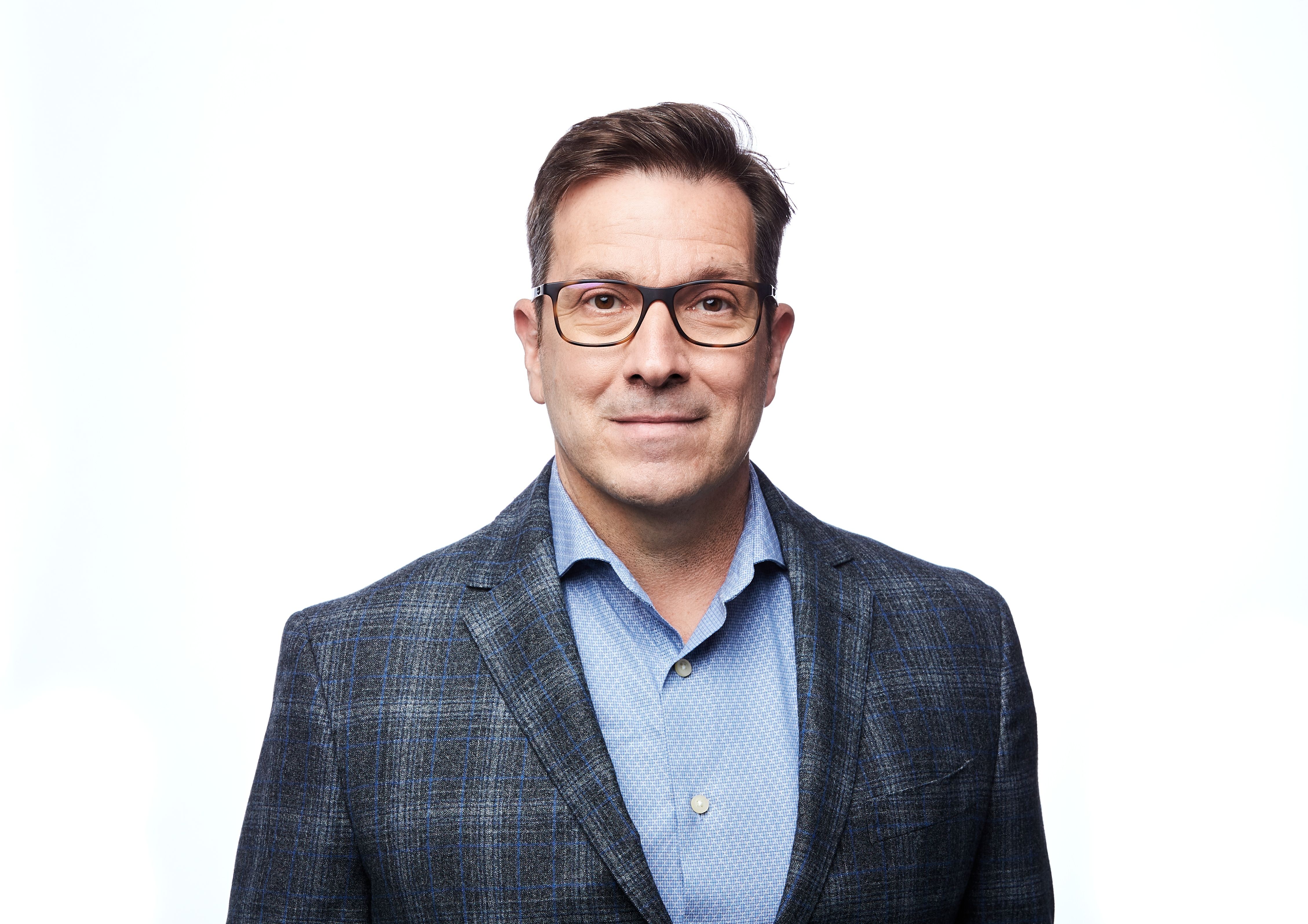- Sustainability
- DE&I
- Pandemic
- Finance
- Legal
- Technology
- Regulatory
- Global
- Pricing
- Strategy
- R&D/Clinical Trials
- Opinion
- Executive Roundtable
- Sales & Marketing
- Executive Profiles
- Leadership
- Market Access
- Patient Engagement
- Supply Chain
- Industry Trends
Fighting Autoimmune Diseases and Developing Leadership Skills Along the Way: Q&A With Dr. Mike McCullar, CEO of RegCell
McCullar discusses his new role as CEO of RegCell.
Dr. Mike McCullar
CEO
RegCell

Pharmaceutical Executive: How did you end up as CEO?
Dr. Mike McCullar: Prior to joining RegCell as CEO and president, I was a toxicologist by training. I was fortunate to work in multiple operating roles over the years. I ended up working in Japan for a decade, and I was approached by a leading Japanese venture fund and asked if could help them start to migrate leading Japanese companies to the US. RegCell was one of those companies, and I felt it had the potential to have the best-in-class platform in terms of how we think about treating autoimmune disorders.
It's been an interesting journey so far.
PE: What are the companies plans for the coming year?
McCullar: What we’re focused on right now is launching a first in-human clinical trial. That takes quite a bit of our focus, and we need more data to validate the platform. We’ve shown conceptually that the platform can generate T-reg programs across almost any autoimmune disorder. That’s highly differentiated, so the first step for us is to focus on validating our platform.
PE: Can you go into more detail about the T-regs?
McCullar: T-regs, which is short for regulatory T-Cells, which were discovered back in 1995. It’s been a long journey. If you want to make them into living drugs, maybe you should start with disease causing T-cells. If we can reprogram those to adopt the T-reg profile, that could be one of the most effective ways to contemplate how to make T-regs into living drugs. One common feature of most autoimmune disorders is a defective human population, either in terms of numbers or in function. The ability to create an edge-specific T-reg is the best way to transform how we treat autoimmune disorders.
PE: What advice would you give to other leaders in the Pharma industry?
McCullar: You have to take the long view. It’s difficult to anticipate what will happen tomorrow, we always see volatility in trends. It’s cyclical. So, focus on the science, the people, and the long term. If you get overly focused on news and daily trends, it can be exhausting. My personal experience to take that longer view and focus on the science.
I talk about this all the time, but people are the number one part of any company. Culture and values, those lead to engagement which then leads to persistence and resilience. From my experience, that’s the number one factor that contributes to success.
PE: What advice would you give to people looking to climb the ladder in this industry?
McCullar: I was very lucky because when I was early in my career, all I worked with was other toxicologists for about a year. I was always eager to learn new things and be exposed to new ideas. After working as a toxicologist, I worked in regulatory affairs for a few years, which was a great experience. I worked at a company for four years during the early years of cell therapy production and gene therapy production. Then I joined another company and helped lead them to the approval of a drug.
Along the way, I was always trying to find new experiences and take on new challenges. For me personally, that was probably the number one attribute that helped me along the way.
PE: Does that desire to always learn something new continue in your career today?
McCullar: Always. Either learning a new language (such as Japanese for me), or studying a different type of biology, something always must be there. I tell people at our company that are early in their careers is that making mistakes is part of learning. They’re often very nervous to make mistakes, but I tell them not to be afraid to take a risk or make a mistake.
What I learned getting a PhD as a toxicologist is that science wasn’t the most important part, it was the ability to learn autonomously. That’s how I learned about regulatory affairs, how to put an MBA together, how the FDA works, by my own experiences. That to me is maybe the most important part of my career.
